Apart from Bollywood, Cricket and English the next big thing that binds India together is the Hindi language. Well, this could be a subject of argument, however, of late, you would hardly find a person in India, except in the remote parts of the country who doesn’t know or understand Hindi. Although it may be broken, still they do manage to strike up a conversation. Bollywood songs and movies have indeed taken Hindi far and wide, not only in India but also overseas. As we celebrate Hindi Diwas or Hindi Day this 14th September, let’s get to the roots of this incredible language and learn some of its lesser-known interesting facts.
Hindi Diwas Celebrations
Hindi Diwas is celebrated on the 14th of September every year, to commemorate the adoption of Hindi as one of the official languages of India. Hindi was adopted as one of the two official languages of the Republic of India (the other one being English) by the Constituent Assembly of India, thanks to the efforts of Beohar Rajendra Simha along with Hazari Prasad Dwivedi, Kaka Kalelkar, Maithili Sharan Gupt, and Seth Govind Das. As such, on the 50th birthday of Beohar Rajendra Simha on the 14th September 1949, the efforts came to fruition following the adoption of Hindi as an official language. Today, of the 22 scheduled languages of India, Hindi and English are officially used at the Union level. It’s a paradox that although recognised as an official language by the Constitution of India, Hindi is not officially considered as the official language yet it’s most commonly spoken around the country. Modern Hindi today is spoken by more than 250 million people as a first language, which makes for about 1/8th of India’s total population.
The Origins of Hindi
The history of Hindi language is quite an interesting one. The terms ‘Hindi’ and ‘Hindu’ trace back to Old Persian which derived these names from the Sanskrit name Sindhu, referring to the river Indus. The Greek cognates of the same terms are Indus (for the river) and India (for the land of the river). The term Hindi originally was used to refer to inhabitants of the Indo-Gangetic Plain. It was borrowed from the Classical Persian ‘Hindi’ (Iranian Persian pronunciation: Hendi), meaning of or belonging to ‘Hind’ (India) (hence, ‘Indian’). Like other Indo-Aryan languages, Hindi is a direct descendant of an early form of Vedic Sanskrit, through Sauraseni Prakrit and Sauraseni Apabhramsa (apabhramsa in Sanskrit meaning ‘corrupt’), which emerged in the 7th century AD. Hindi is often described as a standardised and Sanskritised register of the Hindustani language, which itself is based primarily on the Khariboli dialect of Delhi and neighbouring areas of Northern India.
After the arrival of Islamic administrative rule in northern India, Old Hindi acquired many loanwords from Persian, as well as Arabic, which led to the development of Hindustani. In the 18th century, an intensively Persianised version of Hindustani emerged and came to be called Urdu.
Hindi is the lingua franca of the Hindi belt and to a lesser extent other parts of India, usually in a simplified or pidginised variety such as Bazaar Hindustani or Haflong Hindi. As a linguistic variety, spoken by almost 500 million people worldwide, Hindi is the fourth most-spoken first language in the world, after Mandarin, Spanish and English. Hindi alongside Urdu as Hindustani is the third most-spoken language in the world, after Mandarin and English.
Interesting Facts about Hindi
We all have been speaking and listening Hindi in our day-to-day life, right from our childhood, but how many us can claim to know everything about the language? Let’s check out some interesting facts about the Hindi language, that are sure to amaze you:
- Hindi is one of the seven languages that can be used to make web addresses.
- Hindi typewriters came to markets in the 1930s.
- Hindi script is phonetic, which means, unlike English, it’s pronounced the way it’s written.
- ‘Prem Sagar’, meaning ‘Ocean of Love’, by Lallu Lal was published in 1805 and tells the deeds of Lord Krishna. It’s considered to be the first published book in Hindi.
- Words like ‘Guru’, ‘Jungle’, ‘Karma’, ‘Yoga’, ‘Bungalow’, ‘Cheetah’, ‘Loot’, ‘Thug’ and ‘Avatar’ have been borrowed from Hindi.
Hindi Around the World
If you have been thinking all these days that Hindi is spoken only in India, it’s time you gave this prejudice a serious thought! Hindi was taken to various countries across the globe by the labourers, who were taken there by the colonial powers. Outside India, several other languages are recognised officially as Hindi but do not refer to the Standard Hindi language described here and instead descend from other dialects, such as Awadhi and Bhojpuri. Such languages include Fiji Hindi, which is official in Fiji, and Caribbean Hindustani, which is spoken in Trinidad and Tobago, Guyana, and Suriname. Moreover, Hindi is also spoken in Mauritius and of course in Nepal.
Moreover, the USA is home to the third-largest group of Hindi speaking people. About 6,50,000 people speak the language in the country making it the 11th most popular foreign language in the United States. The native speakers of Hindi in the United States are of course the immigrants from India.
So, just imagine our world without Hindi… With no movies, no songs, no dialogues, no informal conversations with friends, no arguments with the auto-rickshaw and cab drivers, no bargaining with roadside hawkers… Isn’t the picture scary? Hindi has indeed added so much of diversity and spice to our lives. It’s because of Hindi that we can connect to every fellow Indian so warmly. It indeed delivers a homely feeling every time we ask someone in Hindi, ‘Kya, Kaisa/Kaisi Hai?’ (in a total Bambaiya style), isn’t it? Keeping a language alive is totally in the hands of its speakers. On the occasion of Hindi Diwas celebration, let’s pledge to not only keep Hindi alive but also to contribute our bit towards the language and enrich it in our own little way. Let’s take pride in speaking such an incredible language!
Celebrate Hindi! Celebrate Life!












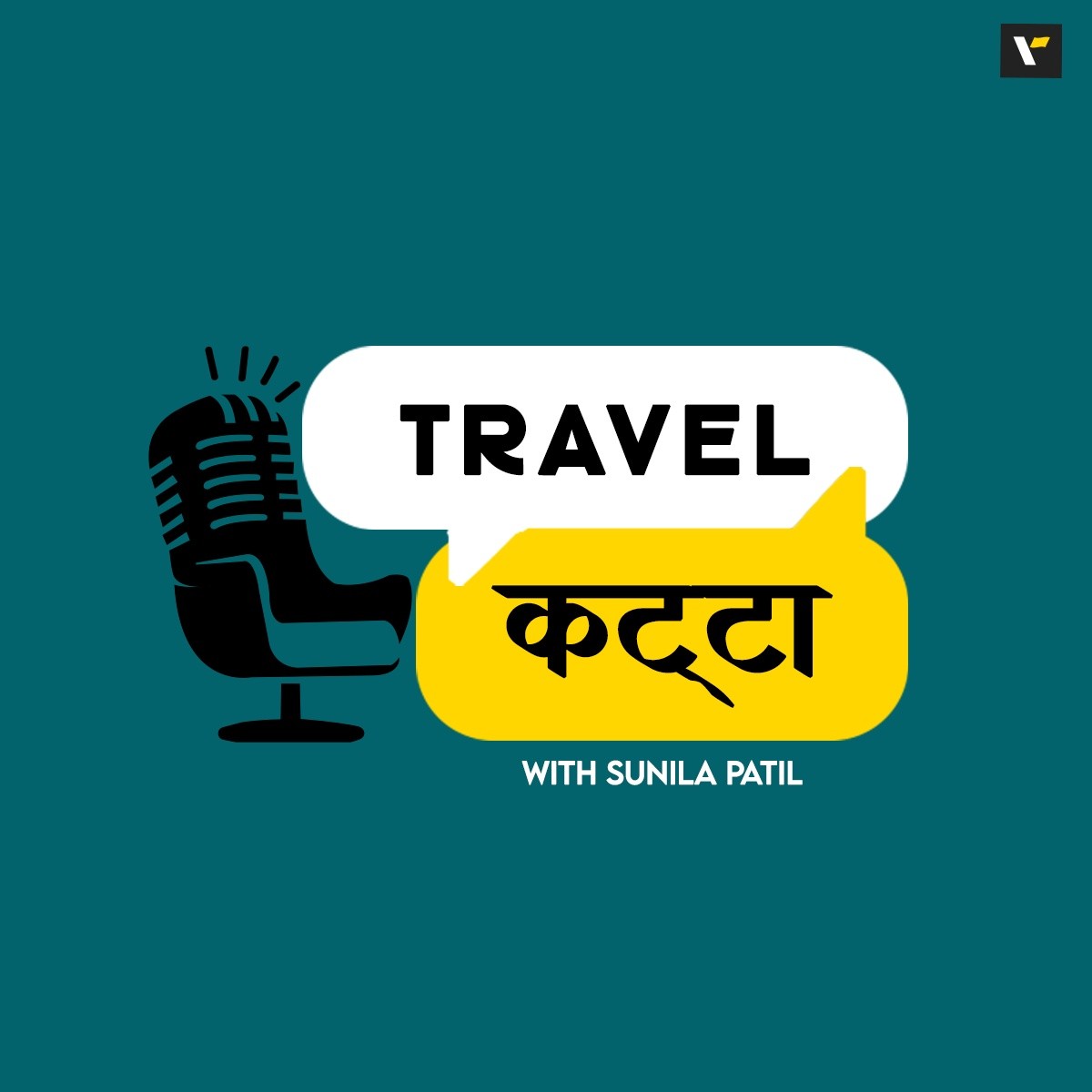
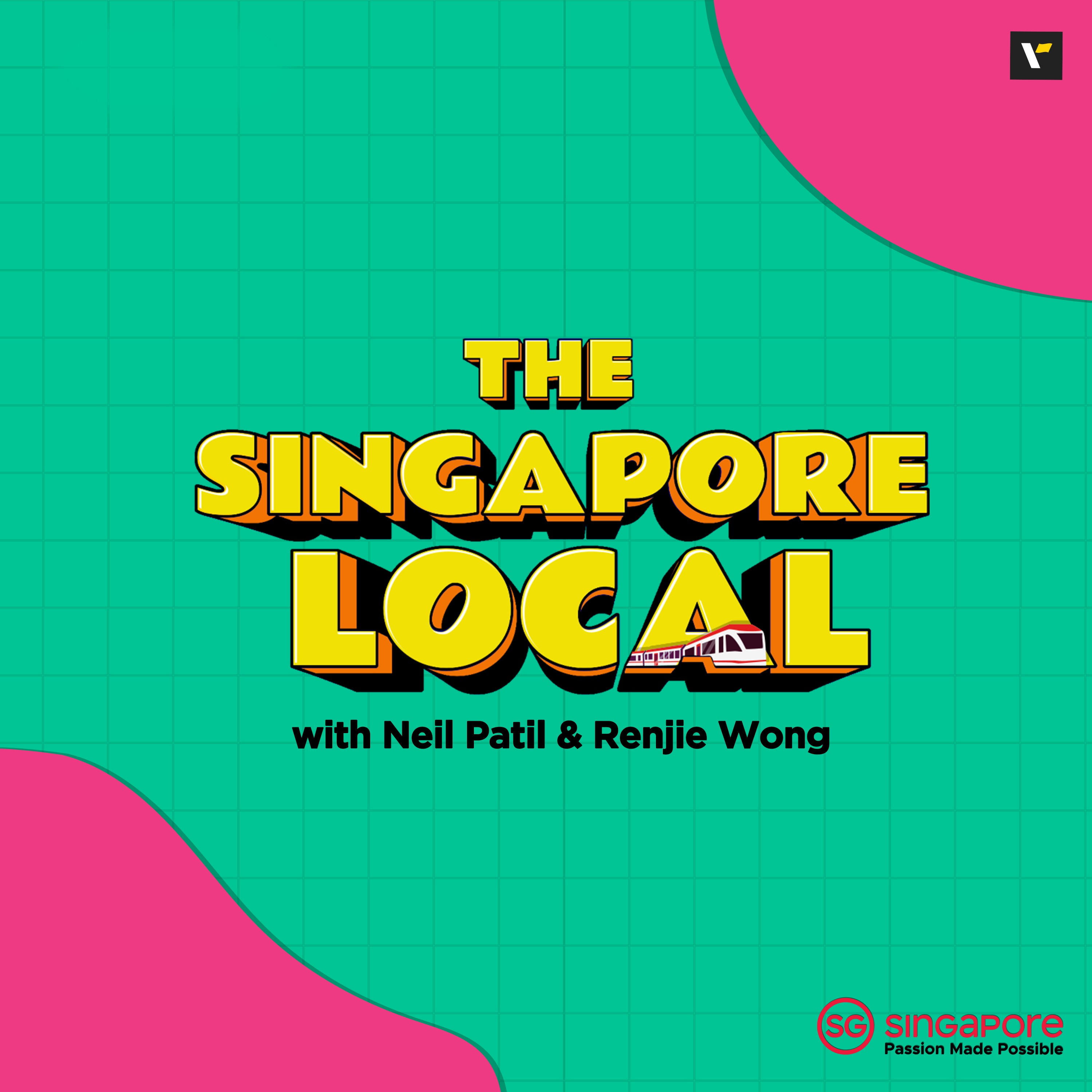
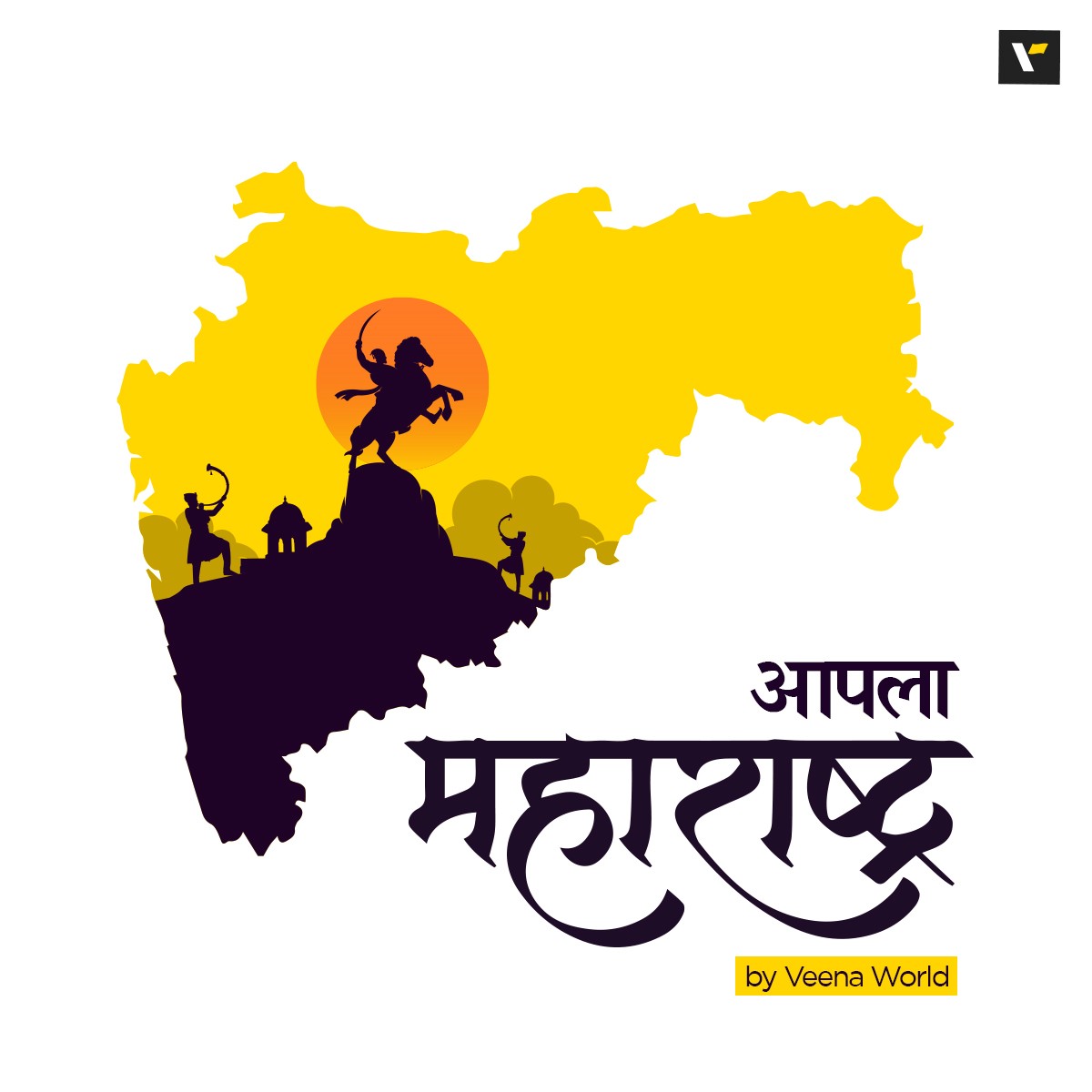
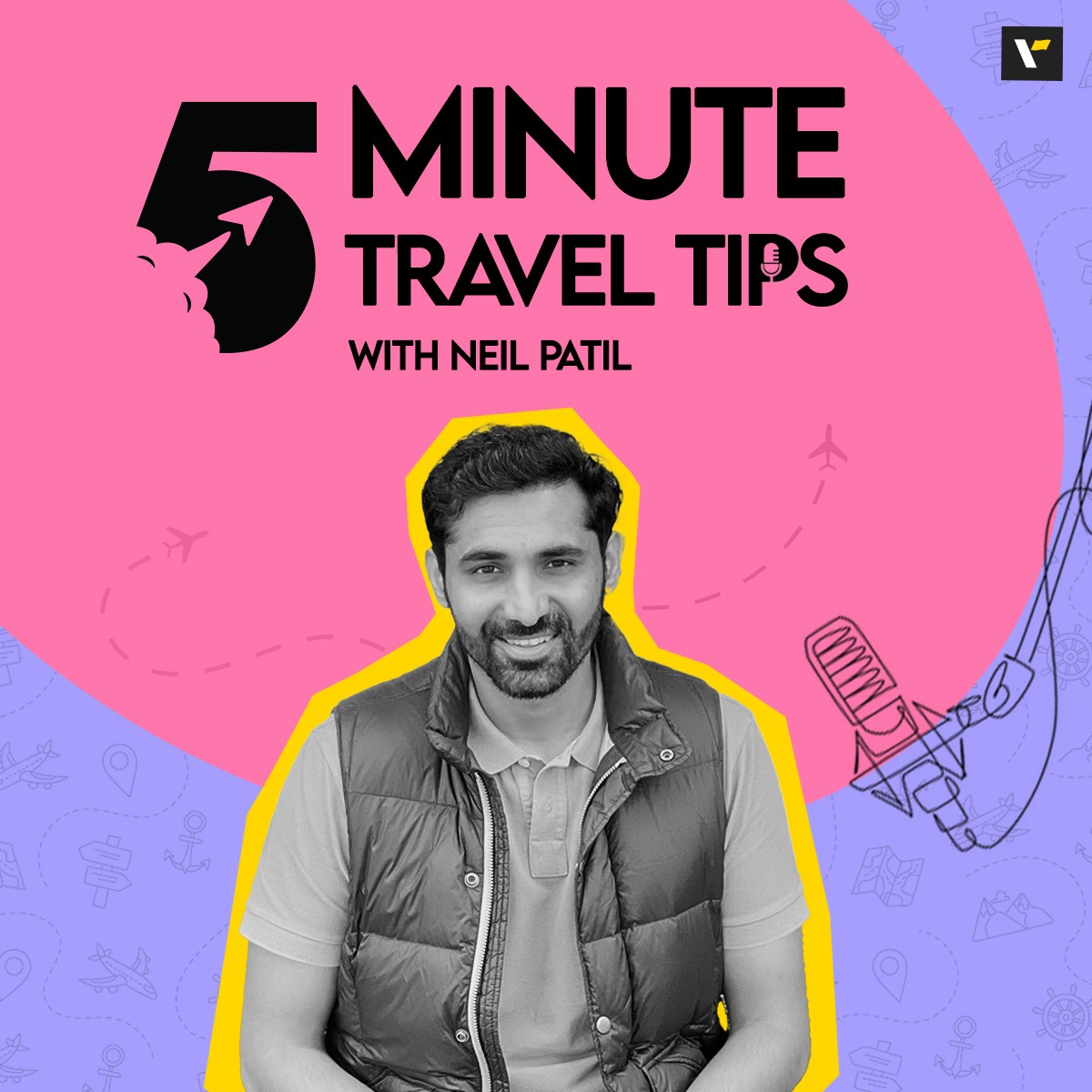











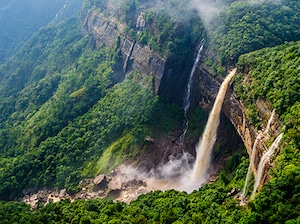
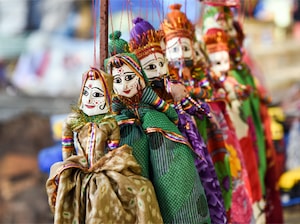

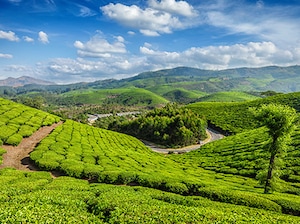
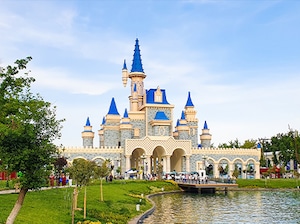

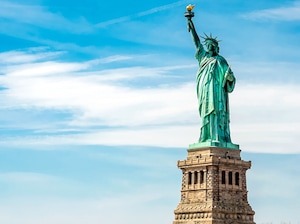
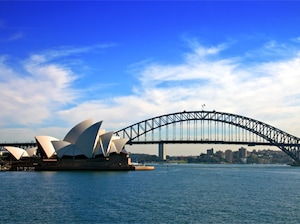




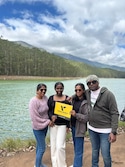


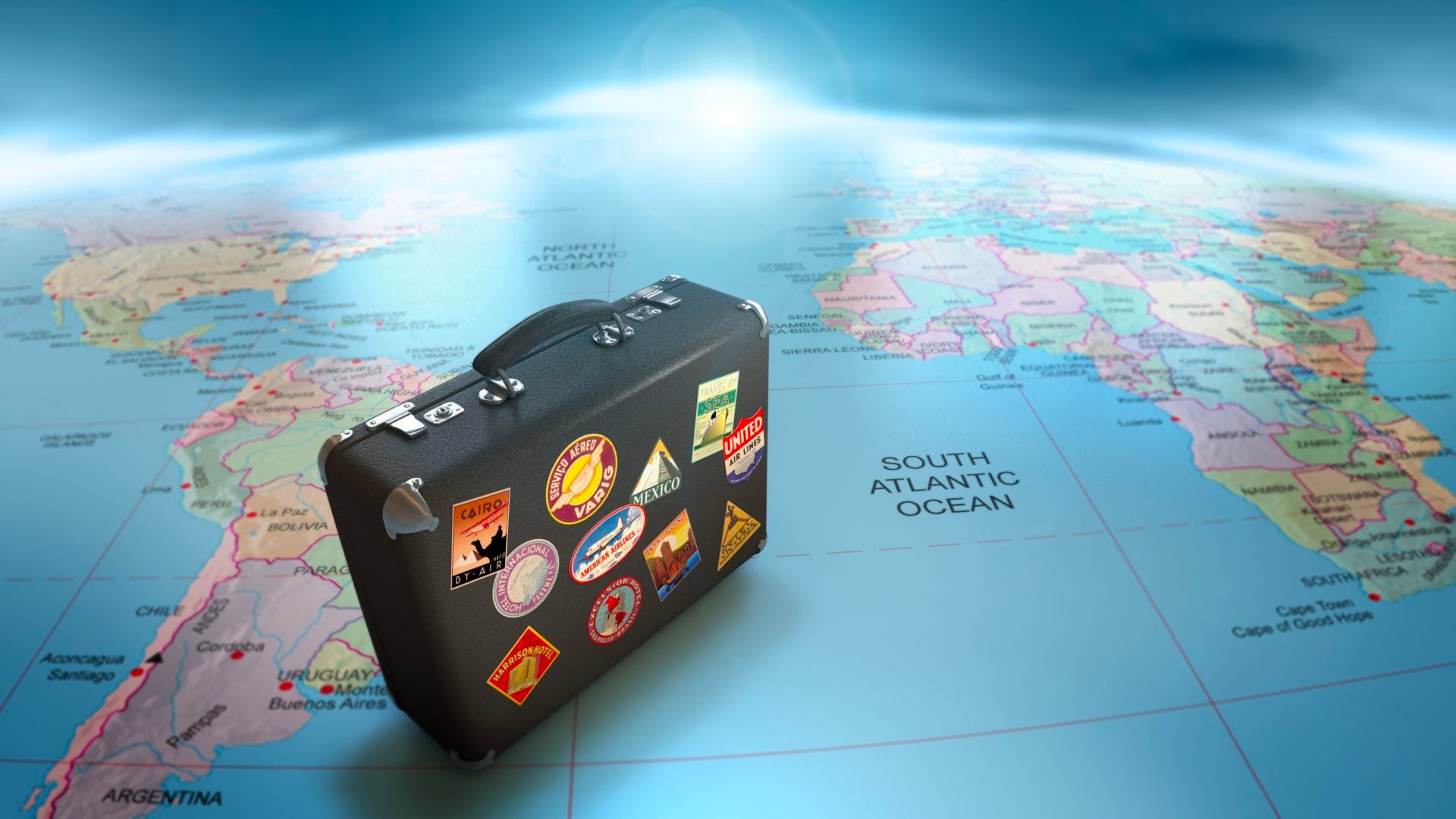

Post your Comment
Please let us know your thoughts on this story by leaving a comment.